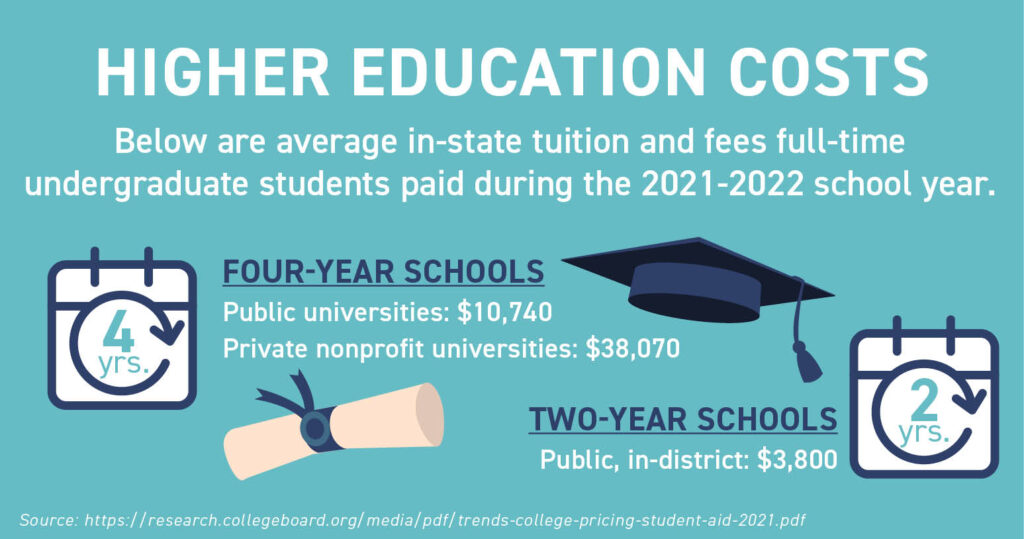The qualified business income (QBI) deduction was born from the Tax Cuts and Jobs Act of 2017 and offers tax savings to qualified businesses. Keep reading to learn how this deduction applies to real estate investments.
TRADE OR BUSINESS
To qualify for the QBI deduction, your real estate activity must be a trade or business. And in the eyes of the IRS, that means it must have a profit motive and require continuous activity.
Other factors to consider include:
- Type of property rented (commercial vs. residential)
- Number of properties rented
- Owner’s (or their agent’s) day-to-day involvement
- Types and significance of ancillary services provided under the lease
- Terms of the lease (short-term vs. long-term)
SAFE HARBORS
Even if your real estate investment activity doesn’t meet the trade or business requirements, some safe harbor provisions could allow you to qualify for the QBI deduction including:
- Maintaining separate books and records for real estate activities
- Providing at least 250 hours annually for rental services
- Retain records of services completed
DEDUCTION AMOUNT
The QBI deduction aims to bring the tax rate for pass-through entities, like sole proprietorships, partnerships, and S-corporations, in line with the flat 21% C-corporate tax rate.
The deduction is 20% of qualified business income for qualifying businesses, which is subject to multiple limitations, including a phase-out based on income.
For 2022, the deduction is reduced when taxable income exceeds $170,050 for individuals and head of households or $340,100 for married filing jointly (MFJ) with a complete phase-out at $220,050 for individuals and $440,100 for MFJ.
Consult your tax professional to learn how the QBI deduction may apply to your situation.







